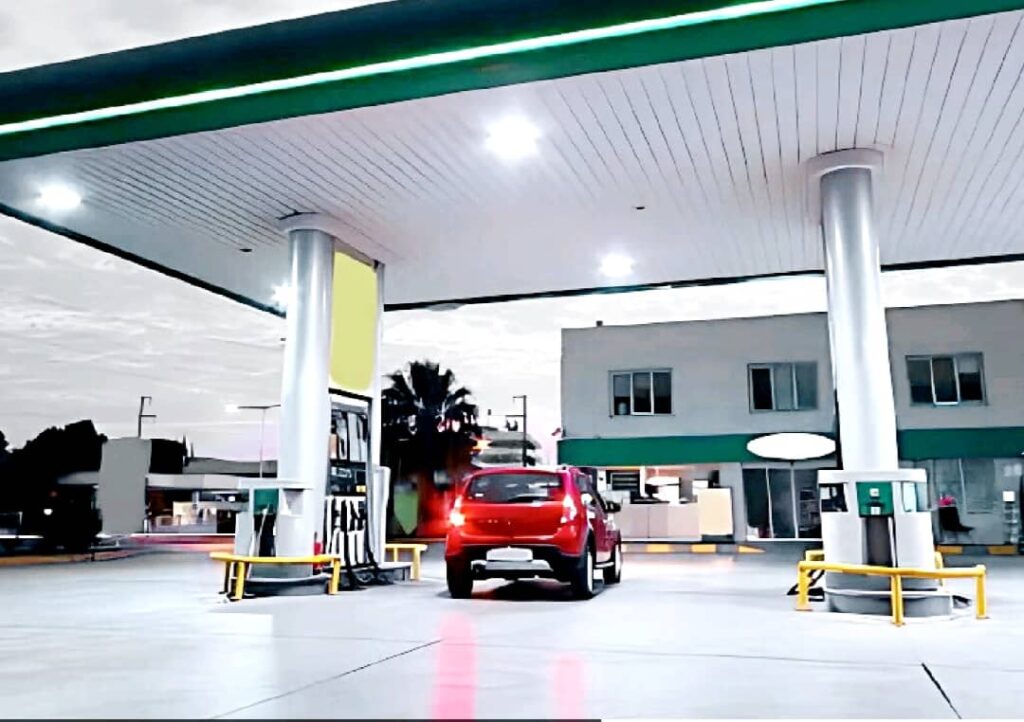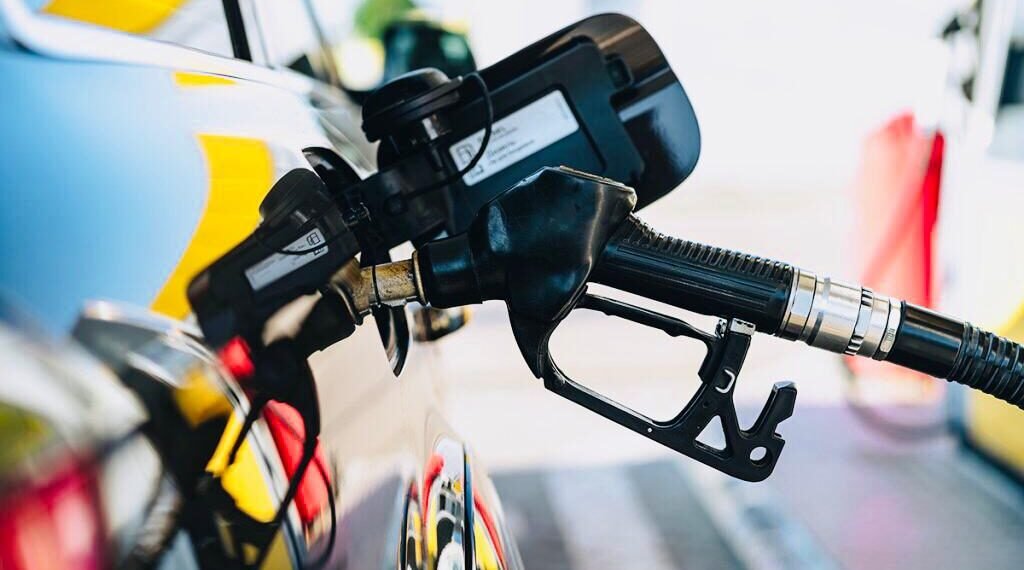Tensions are rising between Ghana’s downstream petroleum industry and the Ghana Revenue Authority (GRA) following a strongly worded protest from the Chamber of Oil Marketing Companies (COMAC) over the abrupt implementation of the Energy Sector Shortfall and Debt Repayment Levy (ESSDRL).
In a formal letter addressed to the Commissioner-General of the GRA, COMAC expressed “utter dismay and strong objection” to the directive, citing both procedural flaws and practical unfeasibility. The directive, according to COMAC arrived on the morning of Sunday, June 8, ordering oil marketing companies (OMCs) to begin implementation of the new levy by Monday, June 9, giving them less than 24 hours to comply.
“We therefore wish to state unequivocally: COMAC and its members cannot and will not begin implementation of this levy from Monday, 9th June.”
Dr. Riverson Oppong, CEO and Industry Coordinator of COMAC
Describing the GRA’s move as a “Rambo-style directive,” the Chamber criticized the backdated communication issued on Friday, June 6, a national holiday, and delivered on a weekend—pointing out that it lacked operational respect for stakeholder engagement.

“Issuing a backdated directive on a holiday and serving it on a weekend for next-day compliance borders on institutional ambush.”
Dr. Riverson Oppong, CEO and Industry Coordinator of COMAC
The Chamber noted that this last-minute approach not only violates acceptable fiscal governance standards but also hinders the operational ability of its members—particularly those on a cash-and-carry system—to adjust inventory, revise pricing, and integrate the tax into accounting and IT systems.
COMAC revealed its leadership met with the Minister for Energy and Green Transition on Thursday, June 5, where they reportedly presented three practical mitigation measures regarding the levy’s implementation. According to the Chamber, these proposals appear to have been ignored.
“This engagement, it appears, was merely ceremonial, as the concerns raised have been completely disregarded.”
Dr. Riverson Oppong, CEO and Industry Coordinator of COMAC
The Chamber is requesting a minimum two-week transition period, proposing a revised implementation date of June 16, 2025, to allow for proper realignment.
Mounting Tax Burden on the Sector

The Energy Sector Levy (Amendment) Act, 2025, recently signed into law by President John Dramani Mahama, introduces a new GHS1 per litre levy on all petroleum products.
While government defends the measure as necessary to raise revenues for settling over GHS48 billion in energy sector debts, COMAC argues the cumulative tax burden on the industry is approaching a tipping point.
According to the Chamber, the downstream sector is already carrying eight separate taxes and levies, which account for 22% of the ex-pump price. The new levy would increase this burden to 26%, a situation they warned threatens industry survival, pricing competitiveness, and consumer affordability.
COMAC’s position is not a rejection of the policy itself but rather a call for practical governance. Their argument centers on timing, transparency, and procedural fairness in implementing what is effectively a major fiscal policy shift.

“This must not be reduced to a technocratic rush to impress. We are industry stakeholders, not bystanders, and we deserve better.”
Dr. Riverson Oppong, CEO and Industry Coordinator of COMAC
The letter also pointed out the logistical impossibility of applying the levy retroactively to stock purchased prior to the directive—raising legal and accounting complications for member companies.
The ESSDRL forms part of a broader revenue mobilization strategy by the Ministry of Finance, which has defended the levy as essential to stabilizing Ghana’s energy sector and maintaining a reliable power supply.
President Mahama, in signing the Act, pledged that the funds would be used transparently and would not follow the missteps of past levies like ESLA, which critics say were diverted to unrelated spending.
However, growing backlash from industry players like COMAC threatens to undermine public confidence in the policy and its rollout.
The coming days will likely determine whether the government and its implementing agencies are prepared to recalibrate timelines and allow space for genuine collaboration—or risk confrontation with an industry that is central to the economy.
READ ALSO: Fighters League Slams Fuel Tax as Injustice



















